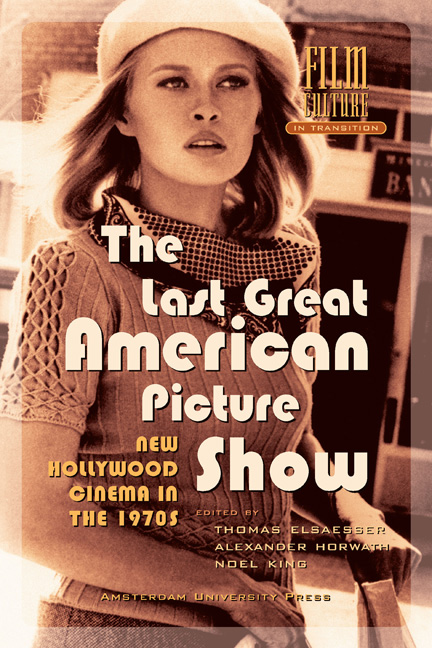”The Cylinders Were Whispering My Name”: The Films of Monte Hellman
Published online by Cambridge University Press: 25 January 2021
Summary
”How can you put yourself in any kind of historical perspective while you’re living your life?” I wanted Monte Hellman to talk about where he thought he fitted into the American cinema of the early 1970s – not the Spielberg-De Palma-Coppola-Lucas New Hollywood but the Dennis Hopper-Bob Rafelson version, the one that got rolled over, the one of which Hellman was, in my eyes, the undisputed king. But I was approaching Hellman as a bygone figure from the past while he saw himself as very much alive, a working director. His string of failures, career disturbances, disappointments and bad distribution deals formed a Stroheim-like image of Hellman in my head that he himself could not afford to recognise. I had a self-congratulatory image of myself as a knight restoring the king to his throne, but that was a young man's folly.
I did a long telephone interview with Hellman 10 years ago. I was in my early twenties and I had been transfixed by THE SHOOTING, his 1966 western, on late night commercial television a couple of years before. Even on a black and white 7-inch screen with commercial interruptions, the uniquely jagged rhythm of this film, the unusual argot of its characters and its unsettling atmosphere of dread kept me up until three o’clock in the morning. Not long after, there was a double bill of Hellman's two finest films, TWO-LANE BLACKTOP and COCKFIGHTER, at an excellent New York revival house called the Thalia. I was an intern at the Village Voice at the time, and the late Tom Allen, a wonderful writer with the distinction of being the only full-time film critic who was also a Jesuit monk (as well as an admirer of Bunuel and a disciple of George Romero), wrote about TWO-LANE BLACKTOP in a section called ‘Revivals in Focus’ (after Tom died of a heart attack in 1988, the column came to an end – it was virtually obsolete by that time anyway). Tom was complimentary towards the film (”a minimalist road movie with maximalist detail”) but with a certain reticence.
For me, this double bill (the version of COCKFIGHTER I saw was called Born To Kill, a slightly different cut with some added tits and ass courtesy of producer and project originator Roger Corman) was a revelation.
- Type
- Chapter
- Information
- The Last Great American Picture ShowNew Hollywood Cinema in the 1970s, pp. 165 - 194Publisher: Amsterdam University PressPrint publication year: 2004



